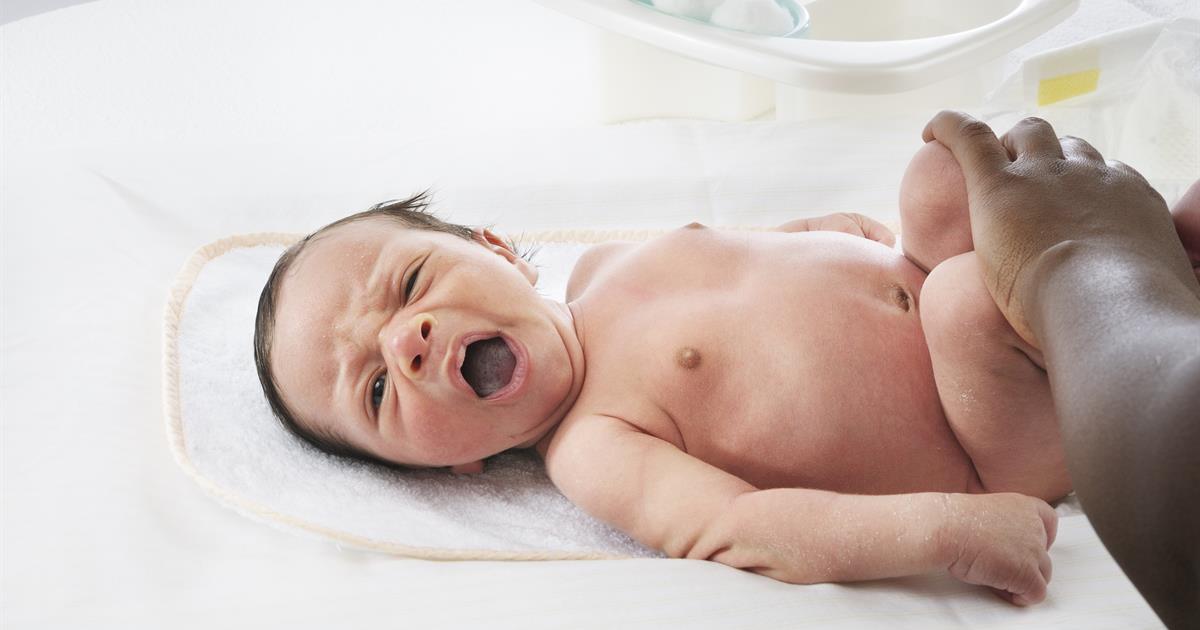Constipation in babies may cause parents to worry. Most of the time, your baby is not constipated but they are yet to develop a routine for pooping. And some babies do not develop a bowel movement pattern for a while.
What is constipation?
Constipation happens when your baby's stools are hard and dry, making it difficult for them to poo and it can be painful, too.
What causes constipation?
One of the main reasons for constipation in babies is a change in diet. It may include:
- changing from being breastfed
- changing from being formula-fed
- exposure to new foods and flavours
- not drinking an adequate amount of liquids (breastmilk, formula or water)
- lack of fibre in their diet
Signs of constipation
Other than hard and dry stools, here are other signs of constipation:
- straining more than normal to have a bowel movement
- fewer stools than usual
- your baby seems unsettled, fussy or irritated
- your baby eats or feeds lesser than usual
- a change in the stool's appearance from soft and mushy to
- small, hard pebbles, or like a large, round golf ball
- loose and watery
- bloated or swollen abdomen (belly)
- painful cramps
Home remedies to treat constipation
Try these tips to help babies who experience difficulty passing poos.
- If your baby is formula-fed, always measure the water first before adding the formula powder to ensure the water-to-formula ratio is correct.
- If your baby is old enough to drink water, offer extra drinks (boiled and cooled first)
- If your baby hasn't started solids yet, offer 1 to 2 ounces of 100% fruit juice (pear, apple, prune or cherry) once a day. Stop the juice if their stools become too loose. Otherwise, feed them pureed pears, peaches, prunes or vegetables to boost their fibre intake.
- Give oatmeal, wheat or barley cereals instead of rice cereals as it can cause constipation in some children.
- Gently rub their stomach to help stimulate the bowel. Your baby may also feel better with a gentle massage to help manage the constipation pain.
- A warm bath can help soothe and settle your baby and relieve discomfort.
Seek medication attention if any of the following occurs:
- Your baby is irritable and seems to have stomach pain -- babies will pull their legs up to the stomach and cry when they are in pain.
- You see blood in their stools.
- Your baby has constipation and develops vomiting, and their belly is bloated or filled with gas.
- Their constipation does not get better with treatment.
















